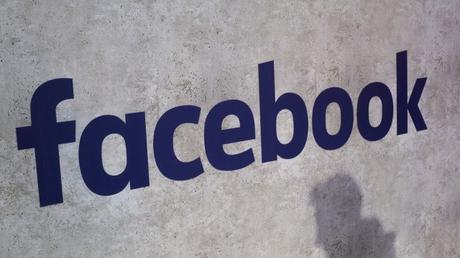The regulator FTC imposes a $ 5 billion fine on Facebook. That does not change much. But who can regulate the digital companies?
In 1890 , the West of North America ceased being “the savage,” the US Senate and House of Representatives passed the Sherman Antitrust Act, the first law against monopolists. Reason was the change of the country from the agricultural to the industrial society.
Agricultural workers lost their jobs, more and more capital was concentrated in companies such as Standard Oil. The dominant companies of today are Google, Facebook or Amazon. That after the European Union now also the American state examines whether the dominant position of these technology companies harms humans, is therefore correct. However, whether the right intentions are behind the newly awakened zeal, one may doubt.
Undoubtedly, and many experts and scientists have long lamented, is that a lot of money and power has accumulated in some technology companies. The problem is that these companies are listed and profit-oriented. If they slackened in their quest for power and money, they would harm themselves. Therefore, if you rely on voluntary self-control, it comes out exactly what you can currently see on Facebook.
The Group accepts FTC’s five billion fine because it basically allows it to go on as it has been doing. Facebook lives from the data of its users. That would not be reprehensible, but the company does not live up to the responsibility that goes with it.
The best business is Facebook, when people stay on the platform for a long time, and they do that especially for posts that appeal to lower instincts. If, on the other hand, protests are raised, then at most a little is screwed up on the algorithm that selects the posts for the users. Really, that does not change much.

When things are going well, the wrong motivation will cause the right thing to happen
Antitrust law, it seems, is not the way to deal with tech companies. However, this view misunderstands the many indirect consequences of their quasi-monopolies. For example, those who can simply buy up potential competitors, who can recruit many of the best researchers with more than lavish salaries, take their breath away from start-ups, bleed the universities, stifle every competition in the bud.
Whether this is the motivation of the Trump government, now increasingly against the tech companies to proceed, but must be considered unlikely. Although there has been some time in US politics, a powerful counter-movement against the tech companies.
This “Techlash” is fed by different motives. The Democrats disturb the concentration of power and capital in the corporations. Trump’s Republicans, on the other hand, do not like the traditionally liberal sentiment of the Silicon Valley corporate bosses; the president often resents the Washington Post , owned by Amazon boss Jeff Bezos. Even Apple’s CEO Tim Cook is not among his friends.
If things go well, the wrong motivation will cause the right thing to happen and the corporations at least have to give up some of their power. But it can also run less well. Anti-technology hostility could be promoted and personal animosity overruled the decision as to whether to pursue antitrust prosecution. Both would be equally bad.
